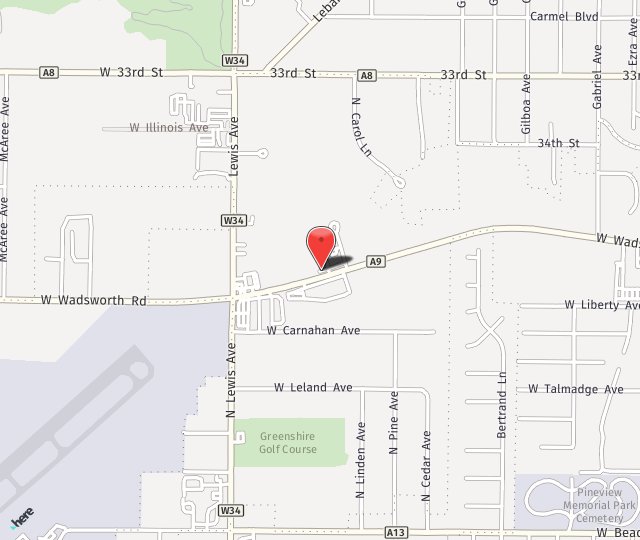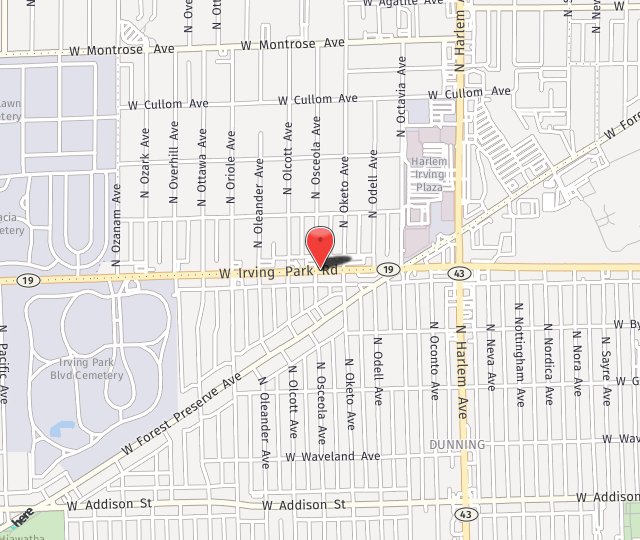Gynecomastia (overdevelopment of male breasts) is a common condition characterized by an excess of localized fat and/or glandular tissue in the breast. It is sometimes caused by disease, hormonal changes, heredity or certain medications, although, in most cases, its cause is unknown. It can occur in one or both breasts, and can affect babies, preteens, teenagers and grown men. Symptoms of gynecomastia include enlarged breasts, breasts that feel rubbery or firm and, in young boys, nickel- or quarter-sized breast “buds.” Breast buds are common in adolescents, and tend to go away on their own.
Treatment of Gynecomastia
As long as breast development is complete, plastic surgery can be used to treat gynecomastia that is not caused by disease or medication. Treatment choices include liposuction or surgery, or a combination of the two; which technique is chosen depends on the amount and type of tissue in the breasts. If the breasts consist mostly of fatty tissue, liposuction can be used to suction out fat through incisions made in the nipples or underarm areas. For breasts with an excessive amount of glandular tissue, excision surgery, which requires cutting away excess fat, skin and tissue, can be performed. This requires a larger incision than is used with liposuction.


